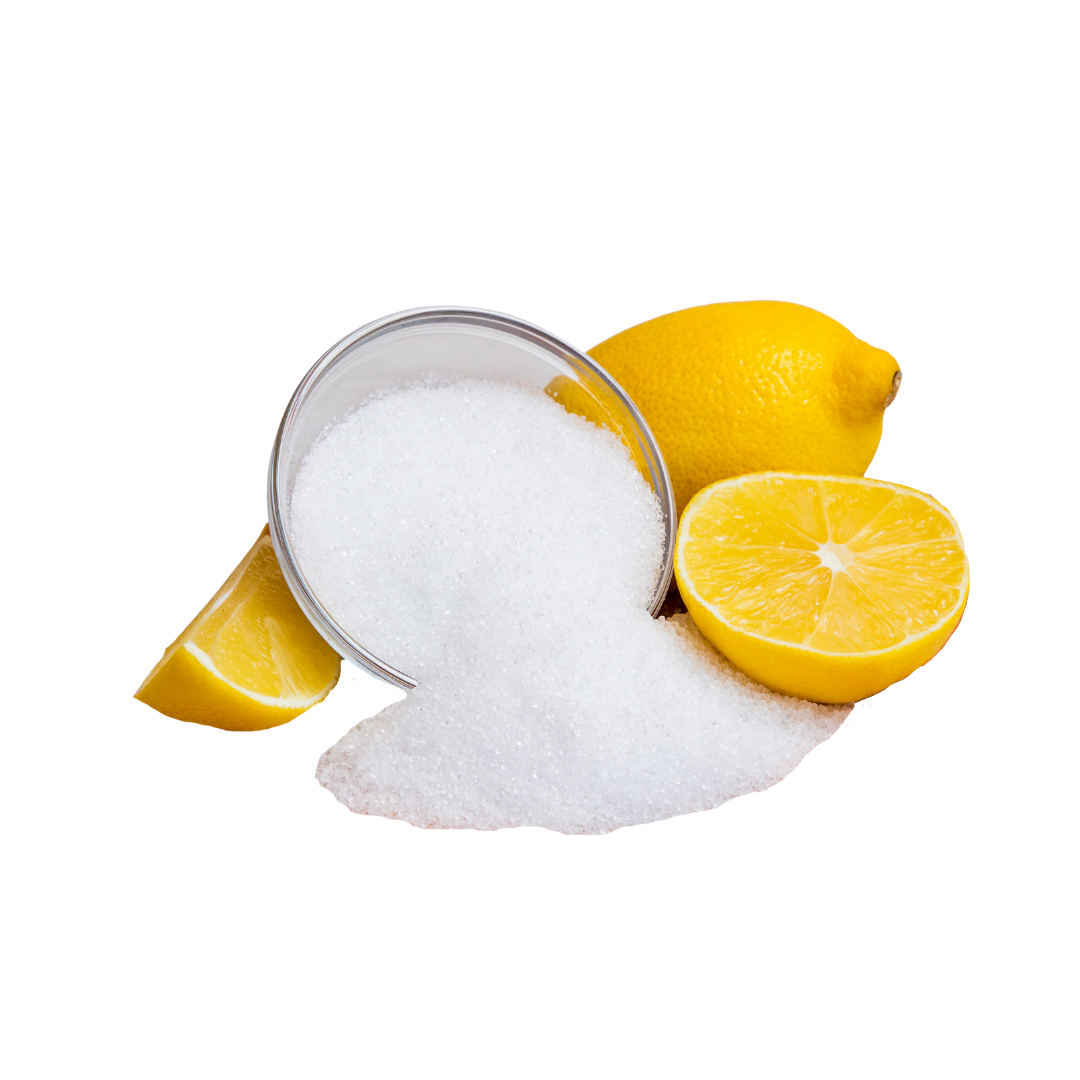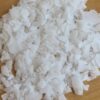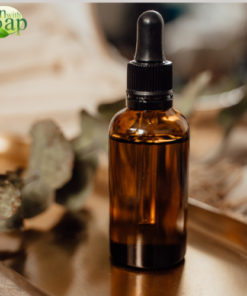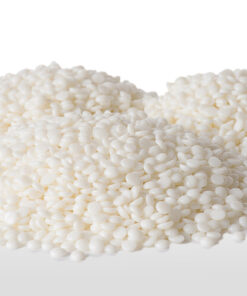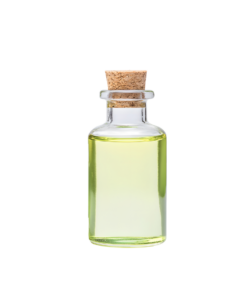Citric Acid Monohydrous – 25kg
R1277,66
Citric Acid Monohydrous – 25kg – In cosmetics and soap-making, it effectively lowers the pH, ensuring products maintain stability and optimal performance.
Available on backorder
Citric Acid Monohydrous – 25kg
Key Features:
-
Acidic Properties for pH Adjustment
Citric Monohydrate is a weak organic acid, known for its sour taste. In cosmetics and soap-making, it effectively lowers the pH, ensuring products maintain stability and optimal performance. -
Versatile Powdered Form
This ingredient comes in a fine powdered form, making it easy to incorporate into formulations. It dissolves effortlessly, ensuring even distribution in your products. -
Natural Preservative
Due to its acidity, Citric Monohydrate acts as a natural preservative. It helps extend the shelf life of soaps, lotions, and bath products by inhibiting microbial growth and maintaining freshness. -
Flavor Enhancer in Bath Products
In addition to its pH adjustment properties, Citric Monohydrate enhances the sensory experience of bath products, contributing to a tangy, invigorating feel when used in bath bombs and scrubs. -
Chelating Agent
Citric Monohydrate can bind with metal ions, making it a powerful chelating agent. This helps remove impurities and mineral deposits, improving the effectiveness of cleansing products.
Common Uses in the Cosmetic, Soap, and Bath Industries
-
Soap Making
Citric Monohydrate plays an essential role in soap-making by adjusting the pH of the final product. This ensures a gentle yet effective cleanse without irritation. -
Bath Bombs & Fizzy Products
Citric Monohydrate is key to the effervescent reaction in bath bombs. It creates fizz when combined with baking soda, providing a fun and relaxing bath experience. -
Cosmetics & Skincare
Citric Monohydrate is widely used in skincare formulations. It helps balance pH levels and enhances product stability, especially in lotions, toners, and exfoliants. -
Hair Care
This ingredient adjusts the pH of shampoos and conditioners, helping maintain healthy hair and scalp. It ensures that products are neither too harsh nor too alkaline, offering a balanced effect.
Benefits for Cosmetics, Soap, and Bath Products
-
Acidity & Flavor Enhancement
Citric Monohydrate provides a refreshing tartness when used in bath products and skin care. It helps balance the overall fragrance and enhances the product’s sensory qualities. -
Natural Preservation
By lowering the pH of formulations, Citric Monohydrate prevents microbial contamination, making it a reliable preservative in soaps, bath products, and skin care. -
Chelation for Improved Effectiveness
As a chelating agent, it binds with metal ions in water and products, improving the clarity and efficacy of cleaning and skincare solutions. -
Gentle pH Adjustment
Citric Monohydrate ensures that your formulations have a balanced, safe pH for the skin. It helps reduce irritation and ensures compatibility with other ingredients.
Why Choose Citric Monohydrate?
Citric Monohydrate is a must-have ingredient for any cosmetic, soap, or bath product creator. It offers pH adjustment, preservation, chelation, and sensory enhancement, ensuring the effectiveness, safety, and longevity of your creations. From soap making to skincare and bath bombs, Citric Monohydrate helps create high-quality, stable products.
Order now and elevate your formulations to the next level!
| Weight | 26 kg |
|---|---|
| Dimensions | 45 × 30 × 30 cm |

